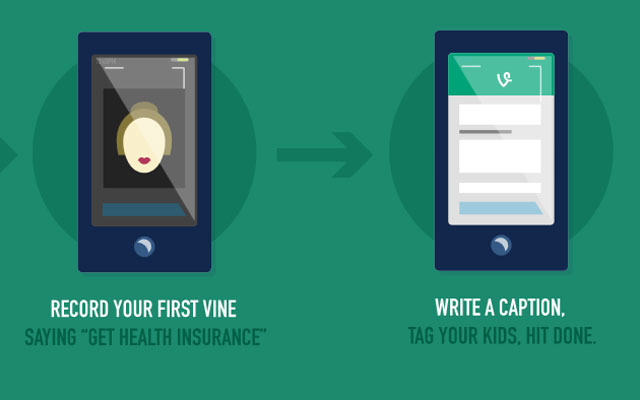If you’re a mom of grown children, this is for you.
Did you know that the Obama administration and the state of Rhode Island are counting on you to nag your kids into signing up for Obamacare?
Good old-fashioned guilt and annoyance—that’s the ticket, apparently. But just giving your kids a call or sending them an email isn’t enough.
Rhode Island’s newest strategy is urging mothers to sign up for social networking and even online dating sites to send messages to their children.
The state’s Obamacare exchange has put together the “Nag Toolkit.” The website isn’t subtle. It says, “learn how to be where your kids are. And how to nag them mercilessly.”
If your child is on social networks and apps like Twitter, Snapchat, or Vine, the Nag Toolkit encourages you to get on there, too, and “Tweet ‘get health insurance’ @yourkids.” It sure is a lot of trouble to go to just to say that.
But the site goes even further by recommending that you, their mom—regardless of your own relationship status—create a profile on a dating site like OKCupid or Tinder. And then find your child’s dating profile and send him or her a message about health insurance.
Maybe what Rhode Island really wants is young people’s email addresses, though. Because after the tutorials, this message comes up: “If this all seems too confusing, give us your kid’s email address and we’ll do the nagging.”
If you’re not in Rhode Island, the Obama administration will bring in celebrities’ moms and the First Mom to nag your kids.









